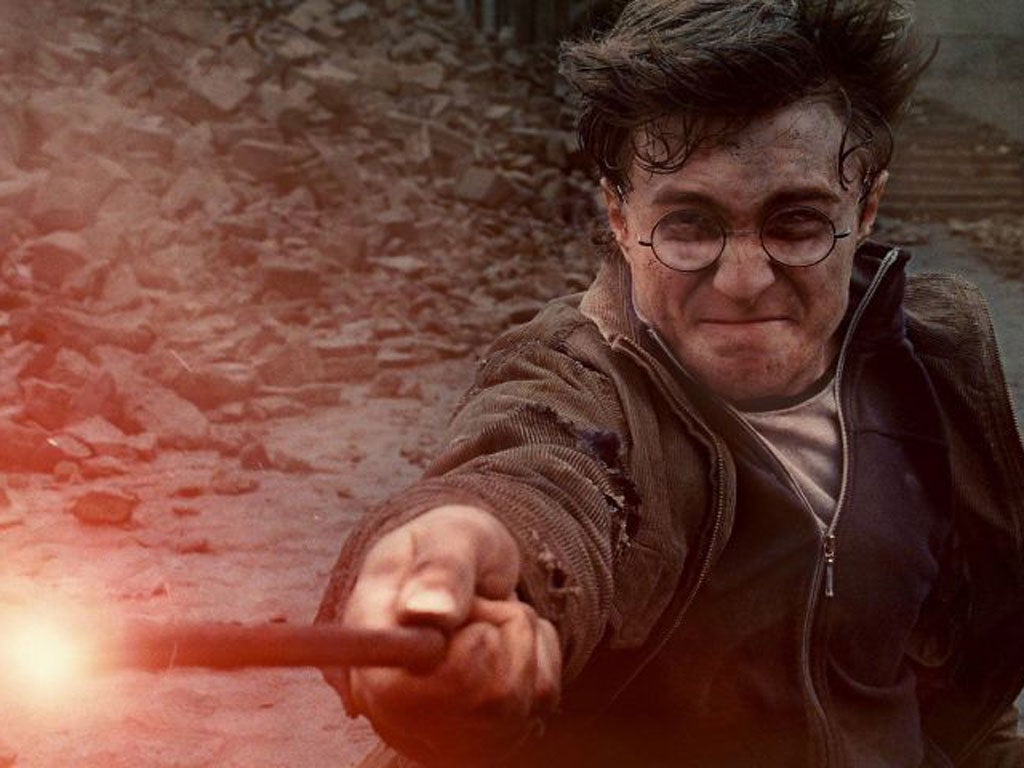How RBS used Harry Potter, Troy and Batman films to 'make £1bn in tax breaks'
RBS reportedly took advantage of tax breaks from 1998 to 2007

Your support helps us to tell the story
From reproductive rights to climate change to Big Tech, The Independent is on the ground when the story is developing. Whether it's investigating the financials of Elon Musk's pro-Trump PAC or producing our latest documentary, 'The A Word', which shines a light on the American women fighting for reproductive rights, we know how important it is to parse out the facts from the messaging.
At such a critical moment in US history, we need reporters on the ground. Your donation allows us to keep sending journalists to speak to both sides of the story.
The Independent is trusted by Americans across the entire political spectrum. And unlike many other quality news outlets, we choose not to lock Americans out of our reporting and analysis with paywalls. We believe quality journalism should be available to everyone, paid for by those who can afford it.
Your support makes all the difference.RBS made at least £1 billion in tax breaks through investing in films including Harry Potter, Troy, Batman begins and Charlie and the Chocolate Factory, Bloomberg has reported.
RBS took advantage of tax breaks from 1998 to 2007 and at least ten of its transactions have been proved by HMRC. It stopped when tax breaks ended in 2007.
The transactions have been revealed in 25 public companies set up by the bank to take part in “sale and leaseback” arrangements a decade ago.
In these financial transactions, RBS would buy a completed film, then lease it back to studios so that it could be distributed to cinemas.
The studio paid for the lease over a fixed term of 15 to 21 years so RBS would not lose out if the film lost money. RBS did not then pay tax on the amount it had paid to buy the film, and the studio could use the money from selling the film for other projects.
“The availability of these financing arrangements back in the early 2000s enabled us to bring large-budget films to the U.K. that may well not have been made here otherwise,” said Deborah Lincoln, a spokeswoman for Warner Bros.
Filings show that RBS owns the rights to the third and fourth Harry Potter films, Troy, Batman Begins, Charlie and the Chocolate Factory and at least 20 other movies, Bloomberg said.
An RBS spokeswoman told Bloomberg that the leases complied with rules in force at the time, and that when the law changed in 2007, the bank exited the business.
RBS said that it had worked with tax authorities to make sure it was paying the right taxes.
The Independent has contacted RBS for comment.
Join our commenting forum
Join thought-provoking conversations, follow other Independent readers and see their replies
Comments